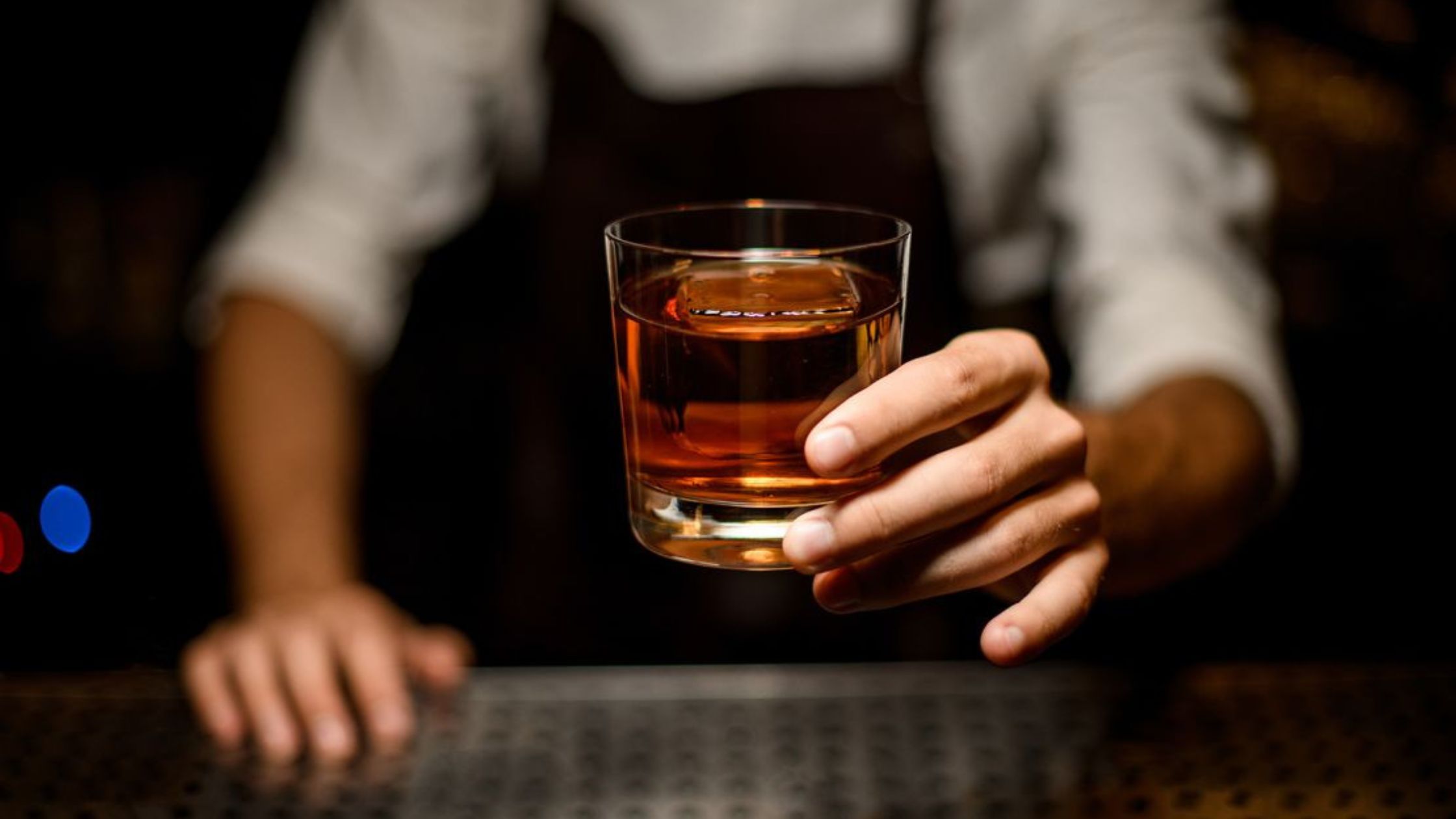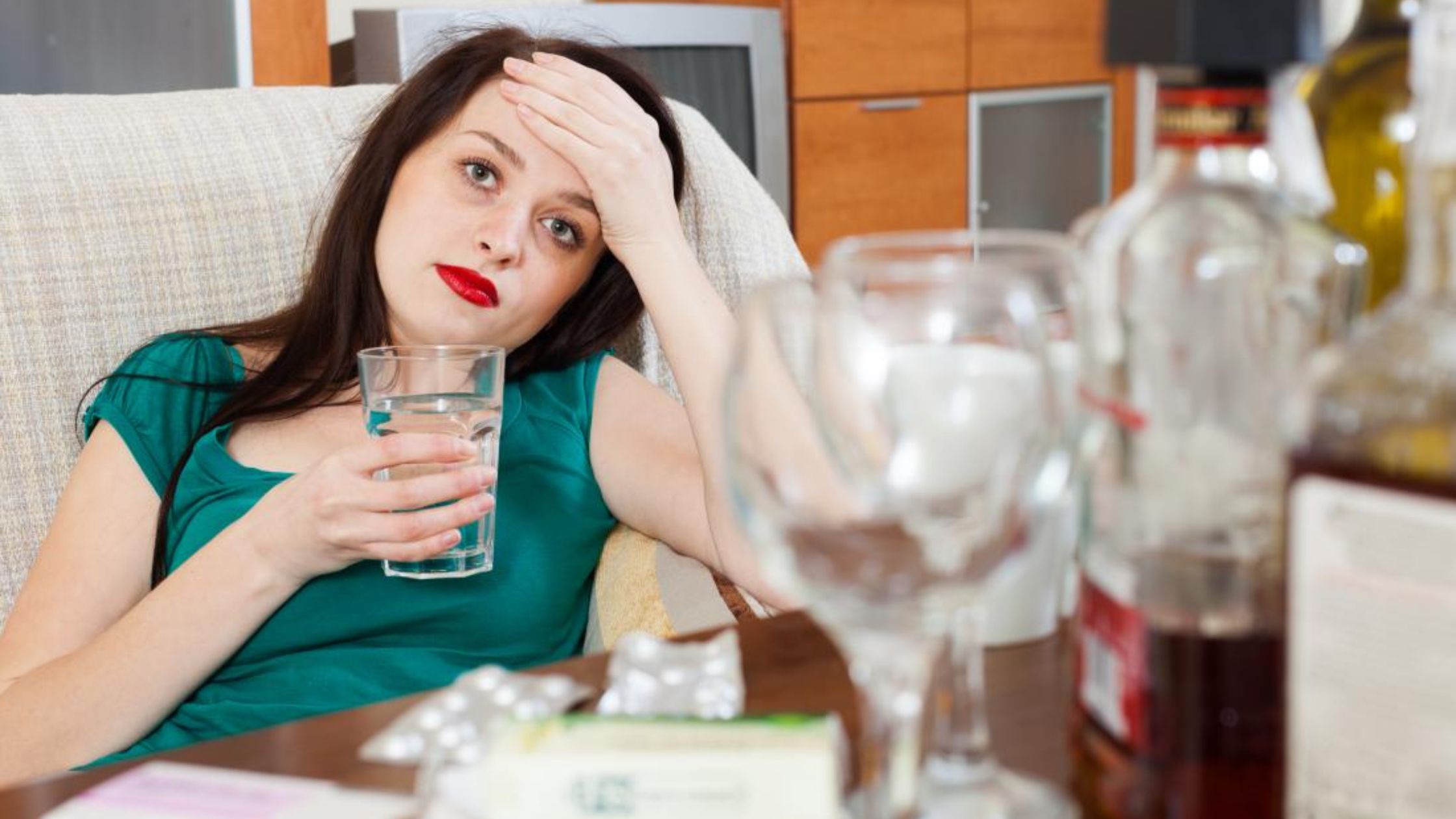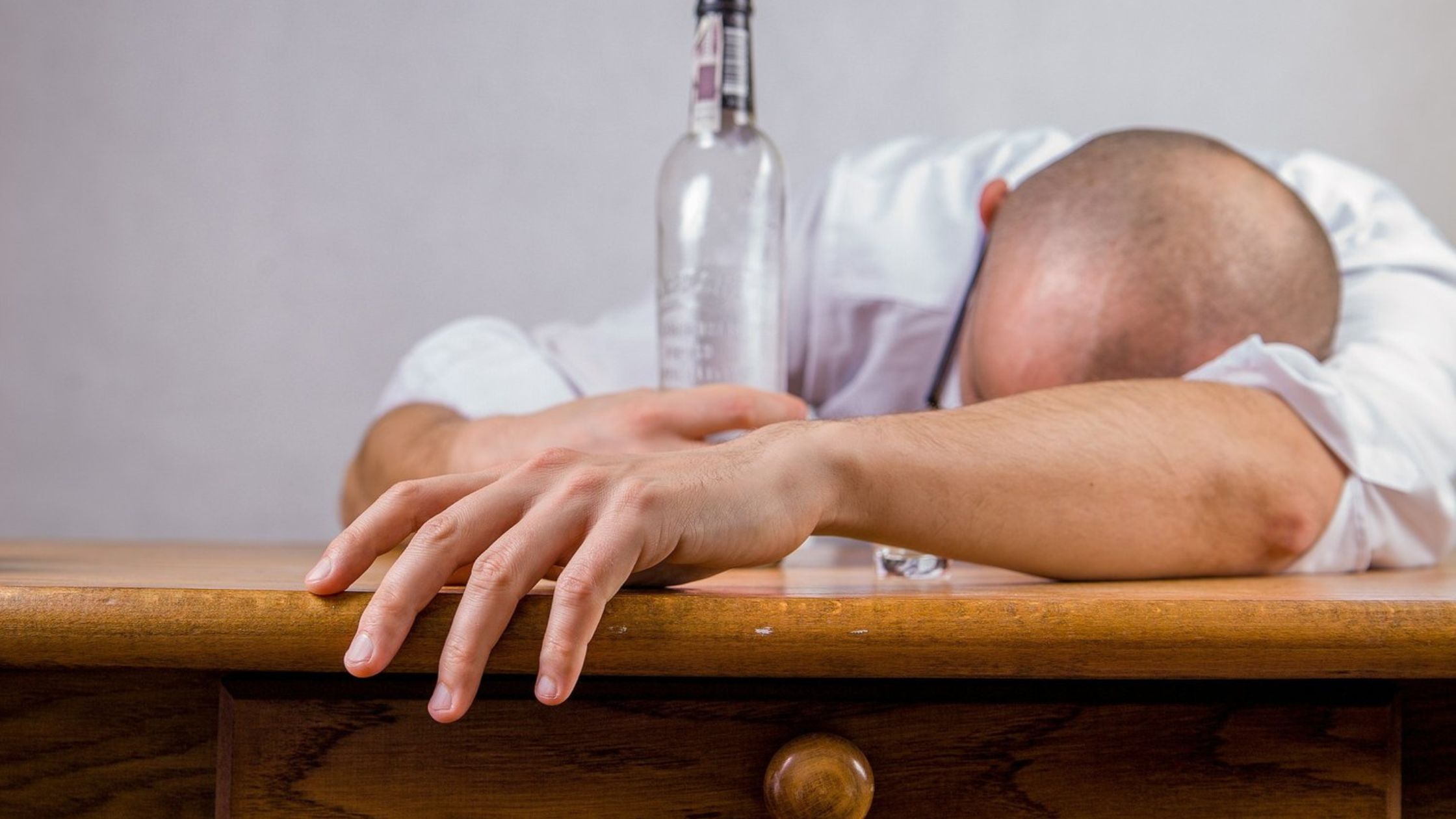Mahua: A Deep Dive Into India's Traditional Drink
2026-01-29

Hanging out with buddies for a good drink at night sometimes is fun, but waking up the following day all mugged up with a pounding headache, nausea, and all that hangover stuff is just not worth it. The ideal solution is to drink responsibly to prevent a Hangover completely; however, here are several tips to reduce the chances of feeling worse the next day. By following certain preventive measures before, during, and after drinking, it becomes highly possible to completely stop its effects on your body so that you can enjoy your night without regrets.
Before diving into hangover prevention strategies, it's important to understand what causes hangovers in the first place. Alcohol has several effects on the body that contribute to hangover symptoms:
Now that we understand the causes, let’s explore how to prevent a hangover before, during, and after drinking.
Hangovers result from alcohol's complex interaction with your biological processes. Drinking alcohol displaces certain neurotransmitters from their normal functioning in your brain - specifically glutamate and GABA, which regulate mood and energy levels—thus contributing to grogginess the next morning. Furthermore, toxic byproducts from the metabolism of alcohol build up in liver tissue and the bloodstream and intensify hangover symptoms further; understanding this interaction helps explain why certain remedies work more effectively than others.

Eating before drinking alcohol helps slow its absorption into your system and minimize any chances of a severe hangover. When choosing foods that can aid this process, prioritize those that include healthy fats, proteins, and fiber, such as:
As alcohol can dehydrate you quickly, drinking at least 16 ounces of water before drinking is vital in maintaining optimal hydration levels. Start your night out right with at least 16 ounces.
Vitamin C provides immune boosting and helps mitigate alcohol's inflammatory effects while B vitamins (especially B6 and B12) support detoxification of liver. You can find these in multivitamin supplements or foods like oranges, bell peppers and leafy greens.
Some alcohols contain more congeners, which aggravate hangovers. If you want to prevent a hangover, drink lighter-colored spirits such as vodka, gin, or white wine, rather than whiskey, rum, or red wine.

Severe hangover effects can be due to an alcoholic drink taken rapidly, which would put a lot of strain on the liver. One drink that's considered suitable for the body is loaded per hour, which provides time for the system to metabolize the previous lot of alcohol.
Take one glass of water between every alcoholic drink to prevent dehydration and dilute alcohol intake, decreasing hangover symptoms.
Carbonated drinks like soda and tonic water speed up alcohol absorption, increasing your risk of a hangover. Instead, opt for noncarbonated mixers such as fruit juice or coconut water, as these offer better absorption rates and can prevent an accompanying hangover.
Shots contain concentrated alcohol, which enters the bloodstream quickly and increases intoxication. Sticking to mixed drinks, beer, or wine can help you prevent a hangover by controlling alcohol intake.
Mixing different types of alcohol can upset your stomach and increase the severity of a hangover. Choose one type and stick with it throughout the night.
Snacks while drinking delay intoxication. Choose snacks high in protein, such as cheese, nuts, or hummus, for the optimal support of liver function and minimal symptoms of a hangover.
Throughout history, different cultures have developed unique hangover cures. Some traditional remedies include:

Alcohol depletes the body's fluids, so drinking water before bed is crucial. Aim for at least 16 ounces of water before sleeping to prevent dehydration-related symptoms.
Electrolyte-rich drinks like Pedialyte, coconut water, or sports drinks help replenish lost minerals and keep your body hydrated.
A small, carbohydrate-rich snack like toast with honey helps maintain blood sugar levels and prevents alcohol-induced fatigue the next day.
Alcohol disrupts sleep quality, but getting enough rest allows your body to recover and process alcohol more efficiently.
Not every hangover experience is equal. Genetics play a significant role in how your body metabolizes alcohol; some individuals have deficiencies in aldehyde dehydrogenase 2 (ALDH2), an enzyme responsible for breaking down acetaldehyde. This deficiency, more common among East Asians, can increase hangover symptoms including nausea and flushing.
The best way to prevent a hangover is to drink responsibly, stay hydrated, and support your body with the right nutrients. To put it less bluntly, you can make the most of your night but minimize the horrible aftereffects by taking precautions before, during, and after your drink. Knowledge of alcohol and its physical effects combined with scientific knowledge about these very strategies will support wiser choices in drinking behavior. Cheers to healthier mornings!